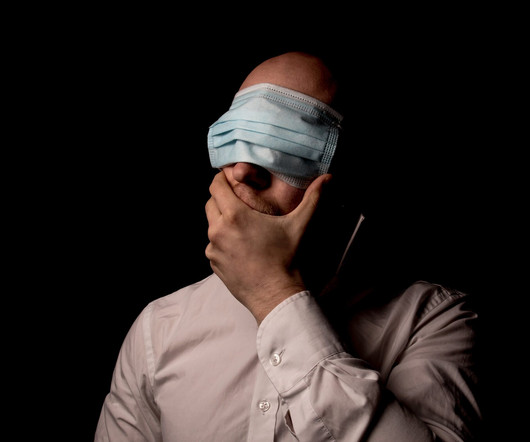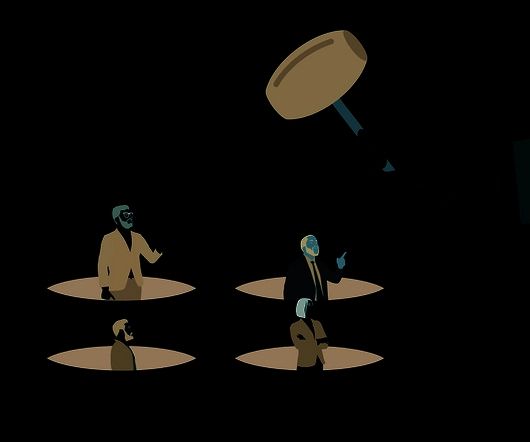Winding Back the Clock: What If the STAR*D Investigators Had Told the Truth?
Mad in America
JANUARY 3, 2024
The results , which Rush reported in 2004 , were dispiriting. Only 26% of the real-world patients responded to the antidepressant during the first year of treatment (meaning that their symptoms decreased by at least 50% on a rating scale), and only about half of that group had a “sustained response.” Show 2 footnotes D.










Let's personalize your content